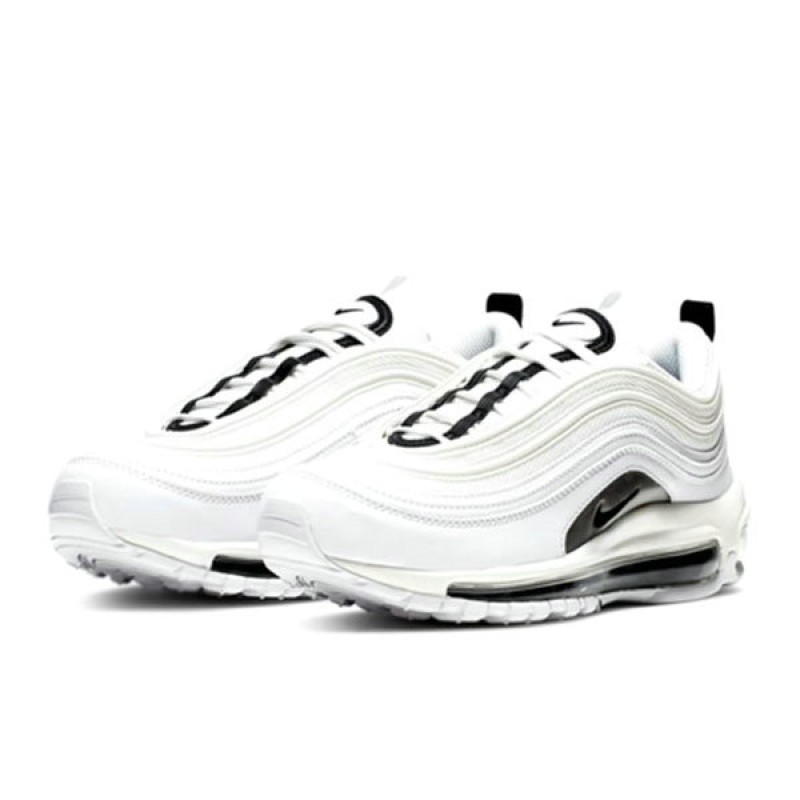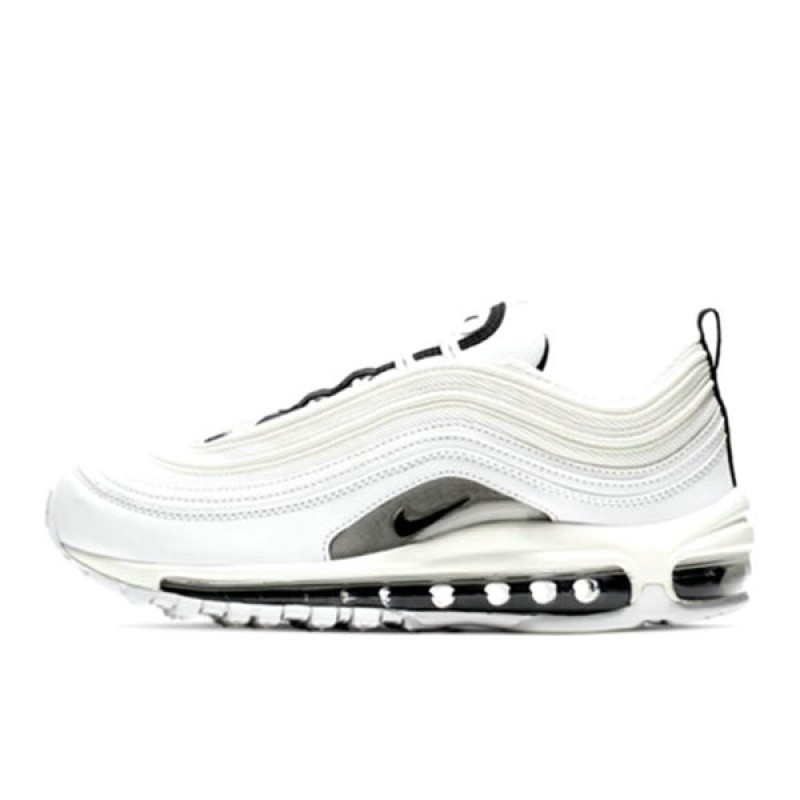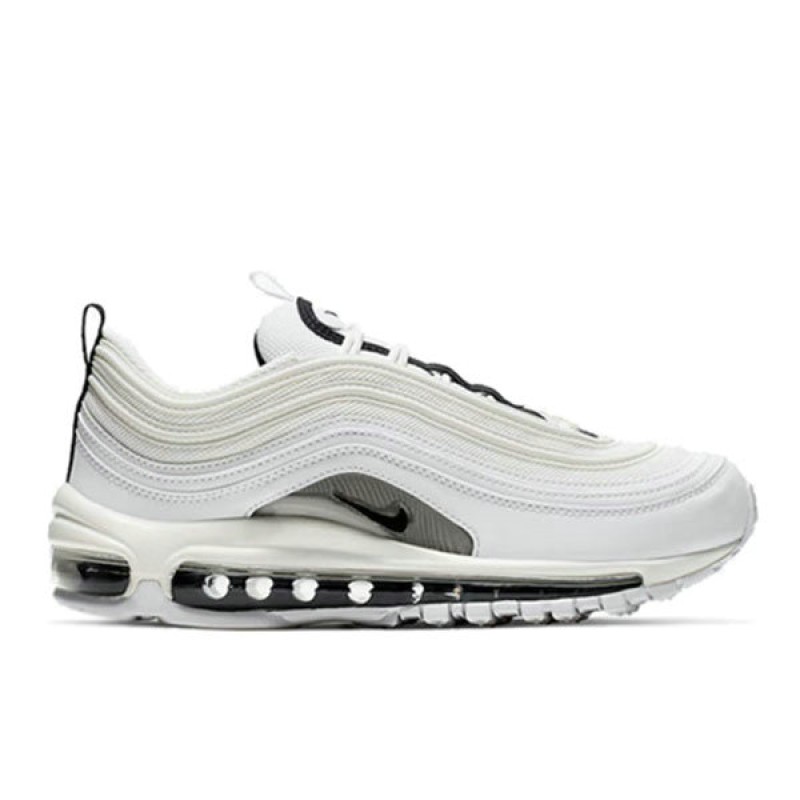Moving to a new home or office is an exciting milestone, but the process itself can often feel overwhelming. Packing, organizing, transporting, and unpacking require time,https://mia-moving.com/Long-Distance-Moving/ planning, and the right expertise. That is where Mia Moving stands out as a trusted partner for individuals, families, and businesses looking for a smooth, safe, and stress-free relocation. With a strong reputation for professionalism, reliability, and customer-focused service, Mia Moving provides complete support at every stage of your move, ensuring that your valuable belongings are handled with care and precision.
Why Choose Mia Moving?
When planning a move, you want a company that understands the challenges, reduces the stress, and offers dependable services from start to finish. Mia Moving has become a top choice because of its commitment to quality, punctuality, and customer satisfaction. Whether you're relocating across town or transitioning into a larger workspace, the company’s expert team ensures that your move is well-organized, efficient, and secure. Their dedication to delivering a smooth experience makes them a preferred moving partner for many clients each year.
Experienced Movers You Can Trust
One of the biggest concerns during relocation is the safety of your belongings. Mia Moving addresses this with a team of trained and experienced movers who specialize in handling all types of items—from delicate glassware to heavy furniture. Their staff is skilled at packing items securely, loading them professionally, and transporting them with the utmost care. This expertise ensures that your possessions arrive at their destination in excellent condition, giving you peace of mind throughout the entire process.
Comprehensive Moving Services for All Needs
Every move is unique, and Mia Moving understands that each customer requires personalized support. That’s why they offer a wide range of services tailored to different moving needs. Whether you’re relocating a small apartment, a multi-story home, or a full office setup, Mia Moving provides complete solutions that simplify the experience.
Residential Relocation
For homeowners and renters, Mia Moving makes shifting to a new residence easy and stress-free. Their team handles everything from packing your belongings and labeling boxes to transporting and unpacking them at your new home. You can focus on settling into your new space while they take care of the details.
Commercial and Office Relocation
Moving a business requires precise planning to avoid downtime and protect valuable equipment. Mia Moving specializes in office relocations, offering efficient solutions for transporting computers, office furniture, documents, and machinery. Their organized approach ensures your business operations can resume quickly in the new location.
Packing and Unpacking Services
Packing is often the most time-consuming part of any move. Mia Moving’s professional packing services help you save time and effort. They use high-quality packing materials to secure your belongings and ensure everything is properly labeled for easy unpacking. If you want even more convenience, their unpacking service helps you settle into your new space faster.
Loading, Transport, and Delivery
The physical aspect of moving can be exhausting. Mia Moving provides strong and reliable loading assistance, ensuring that heavy or bulky items are safely carried and arranged in the truck. Their modern moving vehicles are equipped to protect items during transport, and timely delivery ensures your move stays on schedule.
Reliable, On-Time, and Organized
One of the top reasons customers choose Mia Moving is their professionalism and punctuality. Relocation often comes with tight timeframes, and delays can disrupt your entire schedule. Mia Moving prides itself on timely service, keeping your move on track from start to finish. Their organized approach helps avoid last-minute issues, ensuring a seamless transition to your new location.
Affordable Moving Solutions Without Compromising Quality
Cost is an important factor when hiring a moving company, and Mia Moving offers competitive pricing without sacrificing service quality. Their transparent pricing ensures you know exactly what to expect, with no hidden fees or surprise charges. Whether you're on a tight budget or looking for premium services, Mia Moving provides value-packed options suitable for all types of relocations.
Customer-Focused Service and Clear Communication
A successful move relies on trust and communication. Mia Moving maintains open communication with clients throughout the process, keeping you informed at every stage. Their friendly customer support team is always ready to answer questions, address concerns, and guide you through the planning. This level of personalized attention helps reduce stress and ensures that every detail is handled professionally.
Safety and Protection for Your Belongings
Mia Moving understands how important your personal and business belongings are. They follow strict safety protocols and use high-quality packing materials to safeguard items from damage. Their moving team is trained to handle furniture, electronics, fragile items, and valuables with great care. Additionally, their commitment to secure transportation ensures your possessions arrive safely at your new location.
A Seamless Moving Experience from Start to Finish
From your first inquiry to the final delivery of your belongings, Mia Moving provides seamless support. Their step-by-step process includes evaluating your moving needs, planning the logistics, packing, loading, transportation, and careful unloading at the destination. This comprehensive approach guarantees a smooth experience and gives you confidence knowing that professionals are managing the hard work for you.
Final Thoughts: Your Trusted Partner for Stress-Free Relocation
Relocating doesn’t have to be stressful when you have the right moving company by your side. Mia Moving delivers everything you need for a safe, organized, and comfortable transition. With their expert team, modern equipment, reliable transportation, and commitment to customer satisfaction, they remain the trusted choice for many households and businesses. Whether you're moving locally or across the city, Mia Moving provides professional support at every step, making your relocation simpler, faster, and more enjoyable.

 <!-- /wp:image -->
<!-- /wp:image --> <!-- /wp:image -->
<!-- /wp:image --> <!-- /wp:image -->
<!-- /wp:image --> <!-- /wp:image -->
<!-- /wp:image --> <!-- /wp:image -->
<!-- /wp:image --> <!-- /wp:image -->
<!-- /wp:image -->